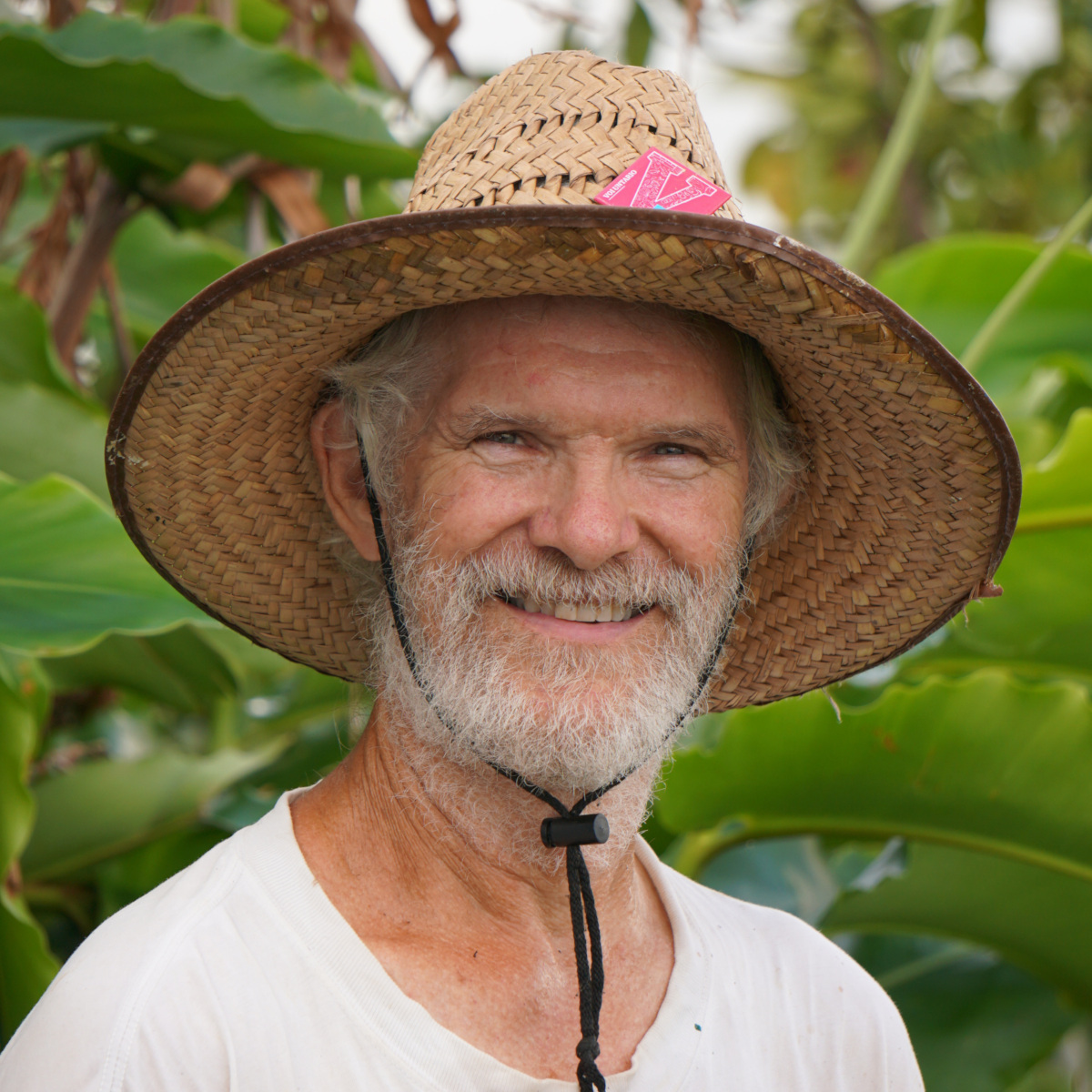

I’d say no in general, but I hold the reins very loosely . . .
retired engineer, former sailor, off grid, gamer, in Puerto Rico. Moderating a little bit.


I’d say no in general, but I hold the reins very loosely . . .


There is a new process for treating wastewater sludge that destroys the microfibers, so that is good news at least. I think it may be expensive, of course. It is called “hydrothermal carbonization”. Basically put the sludge in a giant pressure-cooker and the heat breaks the plastics into carbon and some water-soluble residual molecules which can go back to the start of the wastewater treatment plant to be biodegraded. But like others say, the main source in general is tires - not sure if they know whether tire microplastics are the main source in agricultural land though.


From the immortal Journal of Irreproducible Results, “The Data Enrichment Method”: “. . .its principal shortcoming is that before the enrichment process can be started, some data must be collected. It is quite true that a great deal is done with very little information, but this should not blind one to the fact that the method still embodies the ‘raw-data flaw’. The ultimate objective, complete freedom from the inconvenience and embarrassment of experimental results, still lies unattained before us.”


fwiw, this story is also covered here, imho a more credible source: https://www.aljazeera.com/news/2024/2/1/palestinians-demand-international-inquiry-after-mass-grave-found-in-gaza


gotta admit, that is a lot safer approach than trying some shit on the real thing


Have you tried your hand at biochar? I know composting the chips for mulch is high value in a farm operation, but a few tons of biochar can work like a permanent upgrade - improving the soil permanently with one addition - though ongoing permaculture operation continues. I am about to make a biochar cooker out of two steel barrels - inner fuel chamber and outer draft shell. It would probably be more effective with wood scraps than chips though - some air passages through the fuel.
To test it out for myself, I made a miniature version documented at https://github.com/jcadej/TLUD-biochar-reactor (uses a gallon paint can for the fuel chamber. You could test it small and see how it does with wood chips. When I make my bigger version, I will add it to the github project. My rough idea is to cut one barrel down the side and squeeze it smaller and bolt it so it fits inside the other.


I have plain ol’ Ubuntu LTS and I do not recall a Steam crash in a decade. Playing with Nvidia GPU on AMD Ryzen in recent years.
top slab is about 230 or 240 pounds. Wood base is only about 15 or so; light. I made no attachment between the concrete and the wood - just gravity.


In that case, Krasnodar and Rostov to Ukraine as buffer zones - maybe Belgorod and Kursk too?


I think there was a time when he could have apologized for a dumb mistake and everyone would have moved on. It is world news now because HE chose another and unfortunate path - which probably has no route back to the sunlit lands.


actually, almost all cetacean brains are more complex than human brains by every measure; more neurons, more interconnections, greater size, more convolutions on the surface.


Now, all they must do is explain “assembly index” instead of explaining “life”; I mean if life is only things that require more than 15 “steps” and I create some life with “have sex”, well . . .


at 9000 feet deep, the pressure is 273 atmospheres or 4100 psig - they never knew what hit them.


There is a lot of news around the world about high inflation, and it is necessarily true that inflation arises from demand exceeding supply across entire economies. Central banks often speak in terms of needing to raise interest to “cool demand”. But there is little discussion of the relationship between demand and standard-of-living. It seems to be implicit that the demand-balance is temporarily upset and we must only delay some gratifications - never shrink the economy!
But what if that is the exact situation - that overconsumption is not just a temporary imbalance to adjust but a pathological trait that must be eradicated. I think we have barely begun the journey to sustainability. An interest rate of 5% will prove to be weak soup. Remember these good old days when the full weight of The Change had not yet been experienced.
the author says “being driven to stay within your own viability envelope is crucial to the kind of intelligence that we know about—the kind of intelligence that we are. So I think that anything that looks like an artificially generally intelligent system is going to have that, too.” However, I take exception to the word “crucial”. Instead, staying viable is inherent in our intelligence because our intelligence evolved among the species members who successfully maintained viability. But it being inherent in our sort of intelligence does not make it crucial for any generally intelligent system. Other intelligent systems might have evolved under different pressures - the systems that survive to become AGI will do so by gaining human approval. If that is “staying viable” the expression becomes too broad to be useful. imho.


Long ago, I was a midshipman on a submarine. The crew LOVED to watch submarine disaster films - with water spraying in all frothy and fire-hosey. But the reality would be a flooding time measured in fractions of a second, in most cases - people are not used to dealing with pressures in the tons per square inch except at the nozzle of pressure washers where the flow is tiny. So, on the bright side, most submarine failure deaths are quick ones.


whatever does not kill us, makes us stronger? LOL I think it might be OK if you rinse it very thoroughly - in a way it might be like beer-brewing. In olden times, the quality of water was not easy to assess - it might make you sick. But beer, if it tastes good, is proof that conditions have been achieved for fermentation and therefore, bacteria could not be present in significant numbers (else the beer would sour!). Maybe a healthy spirulina population in a pond is like that? I suspect it is true, but I have been unable to develop a spirulina culture so far (and partly from lack of serious effort).


I watched some youtube videos about people growing spirulina in backyard pools. They tell all about how to do it. One guy says normally he would dry it to powder and add it to “regular” foods. But he sometimes just eats it as-collected. It has no taste, or sometimes a faintly “fishy” taste
NYT is spouting every headline they can imagine to shift votes toward Trump, and not just lately. Their entire editorial focus is to cast confusion on Democrats’ prospects. They should be recognized as firmly partisan and no longer serving a journalistic purpose. Unfortunate, but that’s the times in which we live.